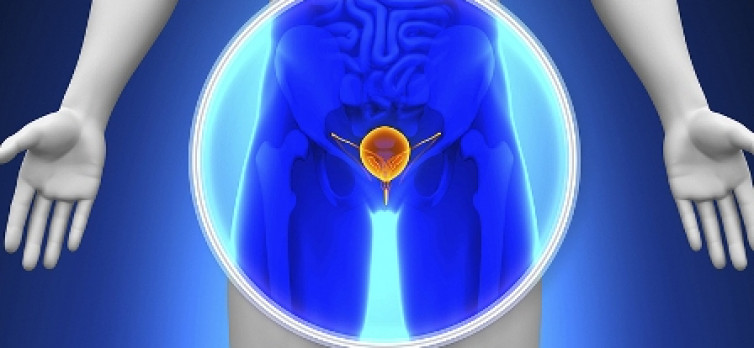Things To Know About Prostate Cancer

Things to Know About Prostate Cancer
The 3rd most common cancer in Nepal after lung cancer and mouth cancer is prostate cancer. It has been on the rise since 1990 and it is estimated that there were 899, 100 new cases and 258,100 deaths from prostate cancer in 2008, globally. So it is important to make yourself aware of the disease and the available treatment options when you or your loved ones get diagnosed with it.
Prostate Cancer
Prostate Cancer affects the man’s prostate which is a walnut-size gland present in the male reproductive system. Located below the bladder, opposite to the rectum, it encircles the upper part of the urethra (the tube that clears urine from the bladder). The prostate helps a great deal in bladder control. It also produces the seminal fluid which is known to nourish and transport sperm.
Causes of Prostate Cancer
Specific reasons for this ailment are not known yet. However, there are several risk factors pertaining to prostate cancer including age. Other risk factors include adverse genes and an unhealthy lifestyle.
Signs and Symptoms of Prostate Cancer
When the prostate is in the earlier stages, no symptoms are generally observed. But when cancer reaches its later stages, symptoms like urinary difficulties, pain during ejaculation, and blood in urine or semen are detected.
Diagnosis of Prostate Cancer
Firstly, digital rectal examination of the prostate is done. But the most reliable test according to the experts is PSA (prostate specific antigen). Moreover, routine ultrasonography is used to detect an enlarged prostate.
Frequently Asked Questions Related to Prostate Cancer
When should one begin the testing process for the detection of prostate cancer?
–Three of the most prominent medical groups, namely – The American Cancer Society (ACS), the National Comprehensive Cancer Network (NCCN) and the American Urological Association have always been engaged in discussing the value and risks of routine testing. They have also urged the physicians to discuss the same with their male patients while keeping in mind their medical record/history. It is advised that men above the age of 50 must go for screening at least once a year.
Which specialist, urologist or oncologist, should one see for the treatment of Prostate Cancer?
-There are four main types of doctors who are involved in the treatment of prostate cancer:
1. Urologists: They are the surgeons who are involved in the treatment of ailments pertaining to the urinary system and male reproductive system (which also include the prostate).
2. Radiation oncologists: The doctors who treat cancer with radiation therapy are known as radiation oncologists.
3. Medical oncologists: The doctors treating cancer by the aid of medicines and do therapies such as chemotherapy/ hormone therapy are called medical oncologists.
4. Surgical oncologists: The surgeons who remove tumors along with the surrounding tissue when an operation takes place. They also perform certain types of biopsies.
It is not necessarily true that only one kind of doctor is enough to treat you. You may need a combination of these doctors depending upon the severity of your ailment. If your cancer is detected early, you will receive more benefits.
What could be the potential side effects of prostate cancer treatment?
-There is no denying the fact that whichever prostate cancer treatment you are going through, you are ought to face some possible risks or side effects. Some of them are incontinence, urinary issues, sexual dysfunction, hot flashes, hair loss, nausea and fatigue. Some of them can be permanent while others are temporary.
Dr. Sunil Shrestha
Consultant Urologist
Norvic International Hospital


